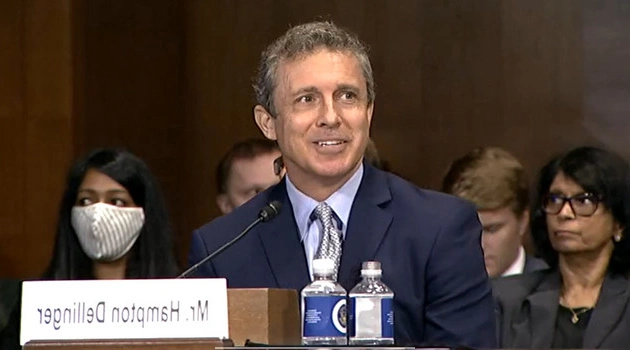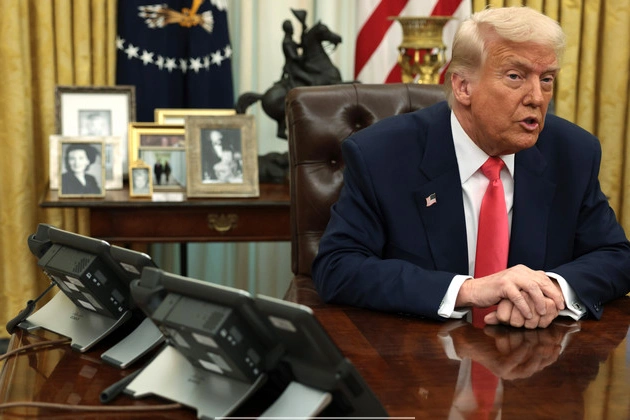
A federal judge intervened in President Donald Trump’s recent firing spree by granting Special Counsel Hampton Dellinger a reprieve, allowing him to return to his job temporarily. Judge Amy Berman Jackson issued the order after Dellinger challenged his abrupt dismissal via email from the White House.
Legal Battle Over Special Counsel Position
Special Counsel Hampton Dellinger, an appointee of President Joe Biden, does not serve as a typical special counsel handling politically sensitive cases. Instead, Dellinger oversees an independent federal agency responsible for whistleblower concerns and enforcing the Hatch Act, which governs political activities of government employees.
Judge’s Decision to Reinstate Dellinger
Judge Jackson’s ruling mandates that Trump must grant Dellinger access to agency resources and cannot appoint a replacement Special Counsel while the order is in effect. The judge, appointed by President Barack Obama, issued an “administrative stay” restoring Dellinger to his position until further legal arguments are presented.
Despite the temporary reinstatement, the Justice Department swiftly appealed Jackson’s decision, indicating a potential legal battle ahead.
Next Steps in the Legal Battle
Judge Jackson refrained from a definitive ruling on Dellinger’s request for a restraining order, awaiting written arguments from the Justice Department. Dellinger expressed gratitude for the opportunity to resume his duties and emphasized his commitment to leading the Office of Special Counsel.
Both the White House and the Justice Department have yet to comment publicly on the ongoing legal dispute.
Implications of the Court Order
The court’s intervention highlights the legal complexities surrounding the removal of agency heads and the limitations imposed by federal statutes. Dellinger’s case underscores the importance of due process and adherence to established legal frameworks in government transitions.















